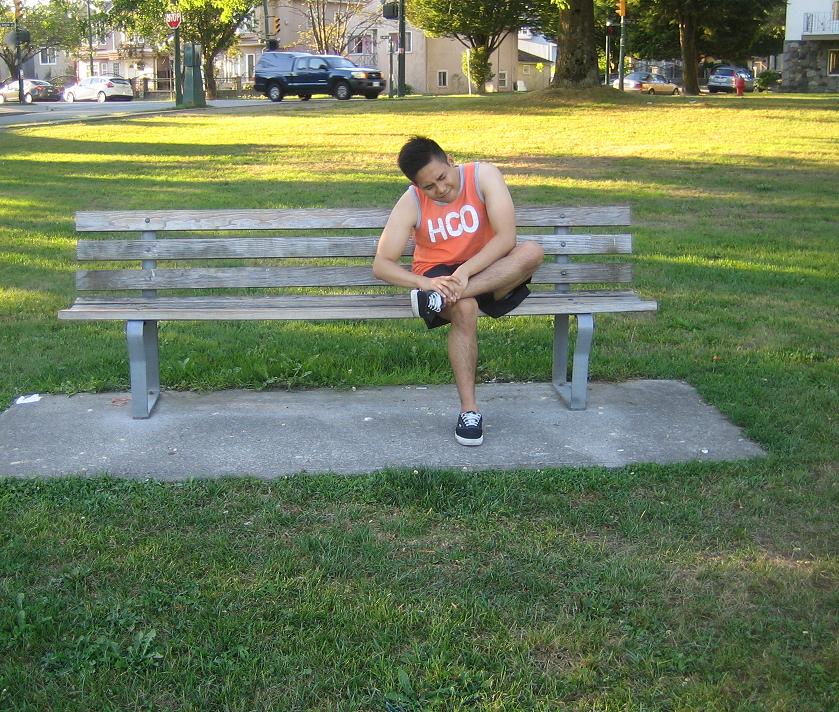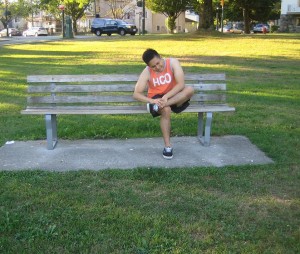Nocturnal leg cramps involves pain that manifests in the legs during nighttime. In most cases, they typically disrupt sleep at night but can also occur while awake at night during periods of inactivity. These cramps are usually present in the calf muscles but can also occur in the feet or thigh.
Nocturnal leg cramps can be painful and cause the affected muscles to feel knotted or tight. The symptoms can last for a few seconds up to several minutes. In addition, there is also soreness of the muscle after the cramp subsides. The condition is quite common among adults over 50 years old but can also occur among younger adults and even children.
Causes
The exact cause of nocturnal leg cramps is usually unknown but some cases were linked to the following:
- Sitting incorrectly or for extended periods of time
These cramps are usually present in the calf muscles but can also occur in the feet or thigh. - Standing or working on concrete flooring
- Overexerting the muscles
Certain medical conditions and medications are also linked to the condition such as alcoholism, pregnancy, dehydration or electrolyte imbalance, neuromuscular disorders, Parkinson’s disease, flat feet, hypothyroidism, diabetes and medications such as statins, diuretics and beta agonists.
Anyone can end up with nocturnal leg cramps, but it usually occurs more often among middle-aged individuals or the elderly. In cases where the cramps are quite frequent and intense, the doctor might require laboratory testing to ensure that there are not imbalances in the level of electrolytes in the body.
Prevention of nocturnal leg cramps
- Always ensure that the body is properly hydrated by drinking 6-8 glasses of water throughout the day
- Wear properly fitting shoes
- Stretch gently the leg muscles before the individual sleeps
- Sheets and blankets around the feet must be loose so that the toes will not end up distorted
- Spend some time on a stationary bicycle before going to sleep
What to do for persistent cases?
An effective measure to relieving the cramping is to forcefully stretch out the affected muscle. The individual can relieve the cramps by jiggling the leg, walking around or massaging the leg. Warm showers or baths are also beneficial. In addition, applying an ice pack can also provide relief.
Medications for nocturnal leg cramps
There are ways to deal with the underlying cause first. Supplements such as Vitamin B complex and vitamin E are also beneficial. The magnesium supplements can also help particularly in pregnant women.
The doctor might also suggest calcium channel blockers and diphenhydramine. Quinine was also used in managing nocturnal leg cramps in the past. Nevertheless, due to the risk for serious and life-threatening adverse effects, it is not suitable as a treatment option anymore.


